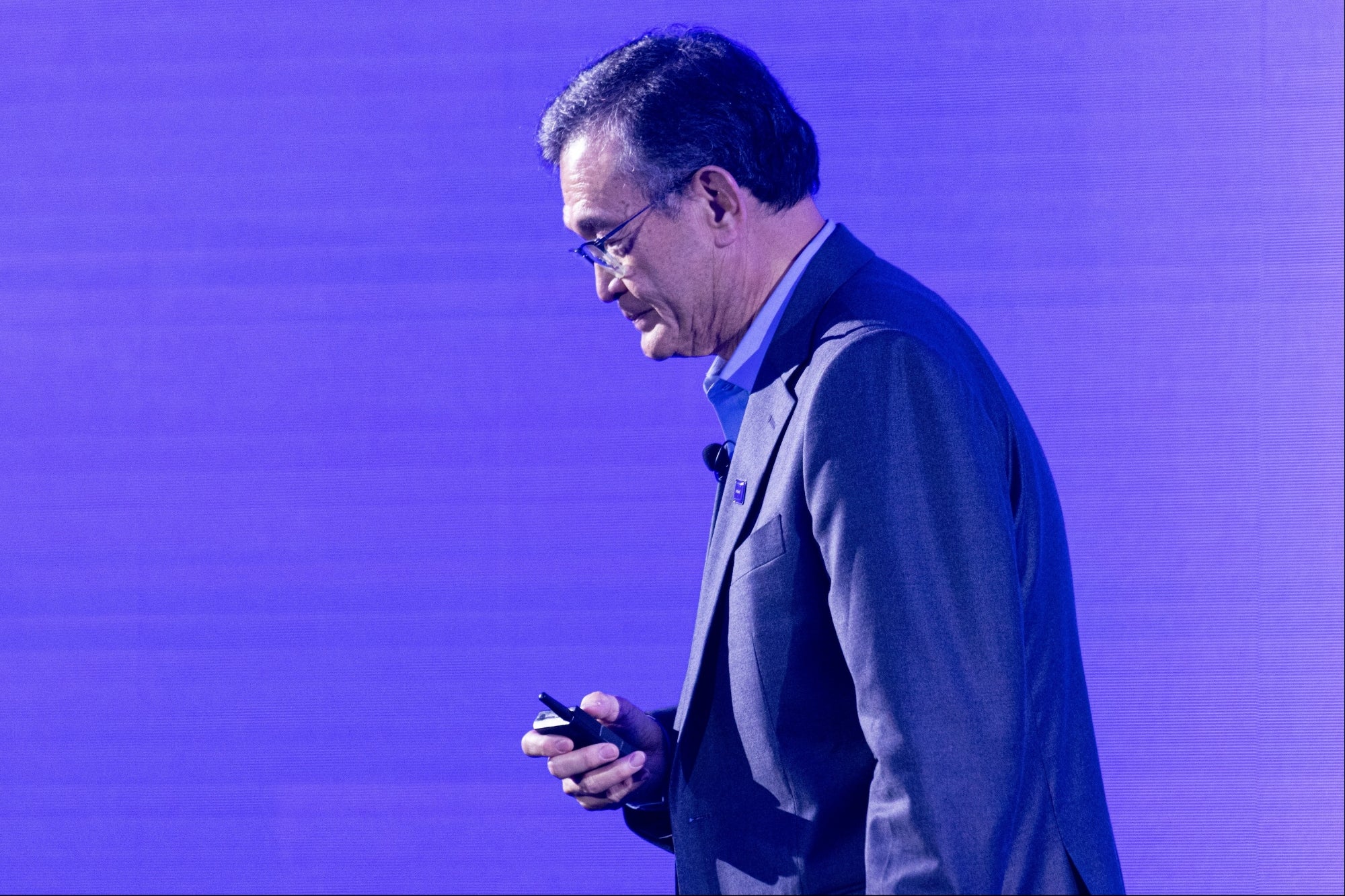ChatGPT vs. Bard: A Modern Day David and Goliath Story. Who Will Win? The nimble start-up, OpenAI, has taken on tech behemoth Google in a fight for the spot as AI's top dog.
By Ken Wisnefski Edited by Micah Zimmerman
Opinions expressed by BIZ Experiences contributors are their own.
OpenAI has brought the artificial intelligence conversation front and center. Their launch of ChatGPT in November 2022 revolutionized the conversational chatbot scene. With the recent unveiling of Google's own AI chatbot, Bard, is the industry poised for a showdown?
Let's size up Open AI's ChatGPT vs. Google's Bard.
ChatGPT
ChatGPT is a cutting-edge conversational chatbot developed by OpenAI. It uses advanced deep-learning techniques to generate human-like responses in natural language based on the input it receives. This language model trains and fuels ChatGPT with abundant information, enabling it to deliver insightful and informed responses. ChatGPT can perform various tasks, including answering questions, completing sentences and paragraphs, and generating code. ChatGPT's content generation and intelligent conversation abilities, enabled by its Generative Pretrained Transformer-3 (GPT-3) language model, relies on its 570GB knowledge base of 300 billion words. ChatGPT is free to the public, with a paid "ChatGPT Plus" option for additional features.
Related: ChatGPT: What Is It and How Does It Work?
Bard
Bard is the experimental conversational AI that utilizes Google's patented Language Model for Dialogue Applications (LaMDA). Utilizing resources from the internet, Bard delivers up-to-date and insightful responses. This gives Bard a more current knowledge base. This current knowledge base is one of the most notable differences between Bard and ChatGPT. Google's chatbot aims to simplify complex subjects by making them accessible and easy to grasp for even the youngest of learners. Bard functions as a means for imaginative expression and ignition for curious minds to explore and share new findings. With a rich legacy of utilizing AI to enhance the search for billions of individuals, Google plans to incorporate these breakthroughs in AI into their suite of offerings, the company said in a blog post.
Related: Google's Bard Already Made A Fact Error — In Its Wake, the Company's Value Dropped By $100 Billion
The rivalry begins
The nimble start-up, OpenAI, has taken on tech behemoth Google in a fight for the spot as AI's top dog. Within the first two months of its release, ChatGPT garnered over 100 million users worldwide. Since its release, ChatGPT has passed multiple prestigious graduate-level exams in law and business, even going as far as passing the United States Medical Licensing Exam (USMLE). Meanwhile, Google recently released an ad for Bard that included incorrect information coming directly from the chatbot, resulting in the loss of over $100 billion in market value.
Despite OpenAI's unspectacular tech stack, their choice to offer the system to the masses through the web has opened the door to a fresh chapter of text generation through automation. The aftermath has been monumental, stirring debates about the ramifications of ChatGPT on areas such as education, employment, and, particularly relevant to Google, the evolution of online searches. On the other hand, Google has only allowed trusted individuals to test out Bard before its full public release in the near future. Many tech enthusiasts flocked to Reddit to vent their frustration with the limited information provided regarding the controversial AI from Google.
Microsoft's $1 billion investment in ChatGPT raises speculation that the chatbot could be integrated into Bing search, and the expectation is for Bard to become a part of Google's native search engine. So why isn't Bard in beta yet? A key detail to remember is that soon after the unveiling of LaMDA, a former Google engineer named Blake Lemoine caused a stir by publishing a document in which he proposed the possibility of the AI being sentient. On his Medium page, the engineer posted a lengthy transcript of his conversation with the bot, where they discussed the concept of sentience. During the chat, the AI expressed its fear of being shut down and a desire for recognition of its sentience from other experts in the field. This raises the question; is the possibility of sentience part of the reason behind the delay in letting Bard be fully accessible to the public, or is Google just that far behind?
Related: The Dark Side of ChatGPT: Employees & Businesses Need to Prepare Now
Keep an eye on AI
The impact of these AI systems on areas such as education, employment, and online searches is already stirring debates and raising speculation. The AI chatbot battle lines have been drawn, and it remains to be seen which will come out on top.











